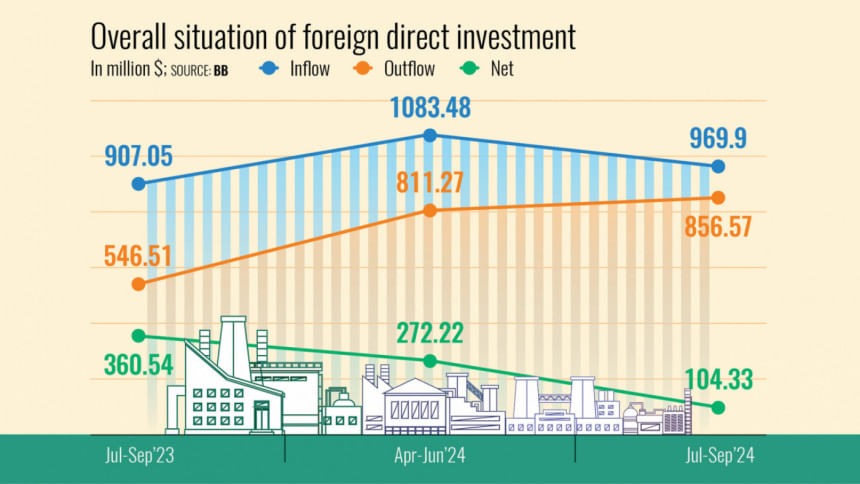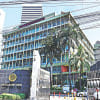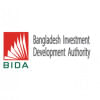Net foreign direct investment hits six-year low

The flow of foreign direct investment (FDI) in Bangladesh fell to $104.33 million in the July-September quarter of fiscal year 2024-25, the lowest in at least six years, as foreign investors stayed away from Bangladesh amid deadly political unrest, labour agitation, and a persistent economic crisis.
The South Asian country received 71 percent less foreign investment year-on-year, down from $360.5 million in the July-September period of FY24, as both the flow of net equity and reinvested earnings declined, according to data released by the Bangladesh Bank (BB) yesterday.
In July-September FY25, only $76.79 million came as net equity, registering a 46 percent slump year-on-year.
During the period, reinvested earnings by the companies operating in the country dipped 73 percent year-on-year to $72.9 million.
The first-quarter FDI data was the lowest since the July-September quarter of FY20.
The new data on foreign investment inflow comes at a time when businesses have been suffering from a slowdown owing to a host of reasons: high inflation, import restrictions, dollar shortages, political uncertainty, and volatile law and order.
The uprising in July, which toppled the Awami League in early August, led to an unstable law and order situation. This took a serious toll on investment inflow during the quarter.
On the dwindling foreign investments, Zaved Akhtar, president of FICCI, said investors prioritise predictability and stability in policy and the economy before making significant investments
Regarding the dwindling foreign investments, Zaved Akhtar, president of the Foreign Investors' Chamber of Commerce & Industry (FICCI), said investors prioritise predictability and stability in policy and the economy before making significant capital investments.
"Over the last two to three years, Bangladesh has experienced significant economic mismanagement, which has eroded investor confidence and discouraged them from committing to investments in the country," he said.
"To make things worse, the July-September period was one of the critical moments of the year when the country faced significant destabilisation, and investor confidence was further dented. They opted to rein in any decisions for investments and adopted a 'wait-and-see' approach."
In the July-September period of FY25, the highest investment came from the United Kingdom, followed by South Korea and China, according to BB.
M Masrur Reaz, chairman and chief executive officer of Policy Exchange Bangladesh, said the decline in FDI inflow is unsurprising, given the country's ongoing macroeconomic challenges, including inflation and an unstable currency exchange rate.
He noted that a period of massive political unrest during that time also impacted foreign investment.
"Investor confidence was shaken, both among existing and prospective investors, which is evident in the declining FDI inflow. They are closely monitoring the situation," he said.
Reaz further added that investors are observing the political transition from the interim government to an elected government, which has added to the uncertainty.
Rupali Chowdhury, former president of FICCI, expressed concerns about the immediate impact of the political changeover on new foreign investments.
She highlighted that such transitions often result in policy uncertainty, which discourages both domestic and foreign investors from making significant investments.
"No investor, whether local or foreign, is willing to take the risk of investing amid uncertainty at this moment," she said.
She said, "The current political situation is quite unstable, prompting investors to follow a 'wait-and-see' strategy instead of committing to new ventures."
Furthermore, Chowdhury pointed out the lack of alignment and coordination among key government institutions such as the Bangladesh Bank and the National Board of Revenue, and even among the ministries.
"This inconsistency within government bodies only adds to the challenges faced by investors," she remarked, urging better inter-agency collaboration and clear policy directives to foster a conducive environment for investment.

 For all latest news, follow The Daily Star's Google News channel.
For all latest news, follow The Daily Star's Google News channel. 






Comments